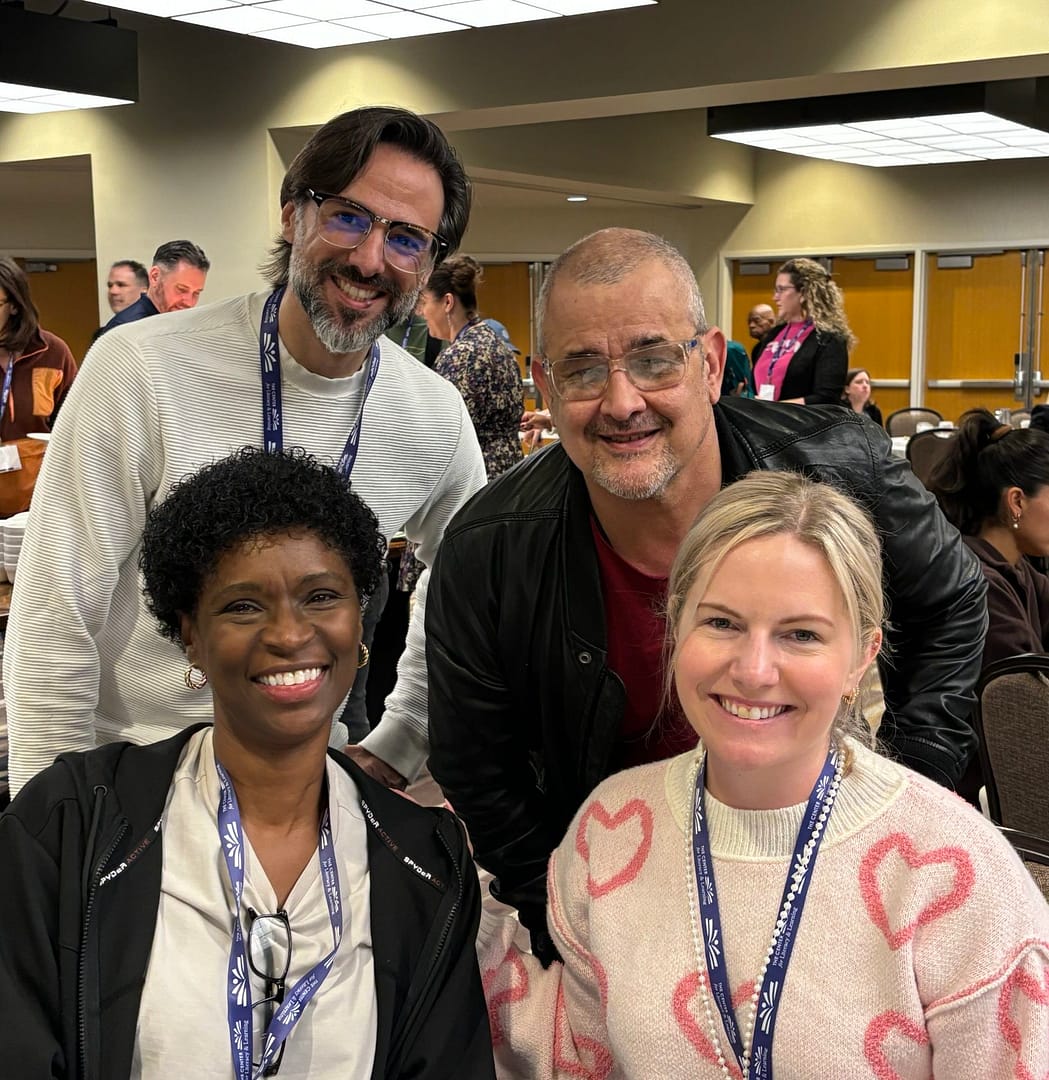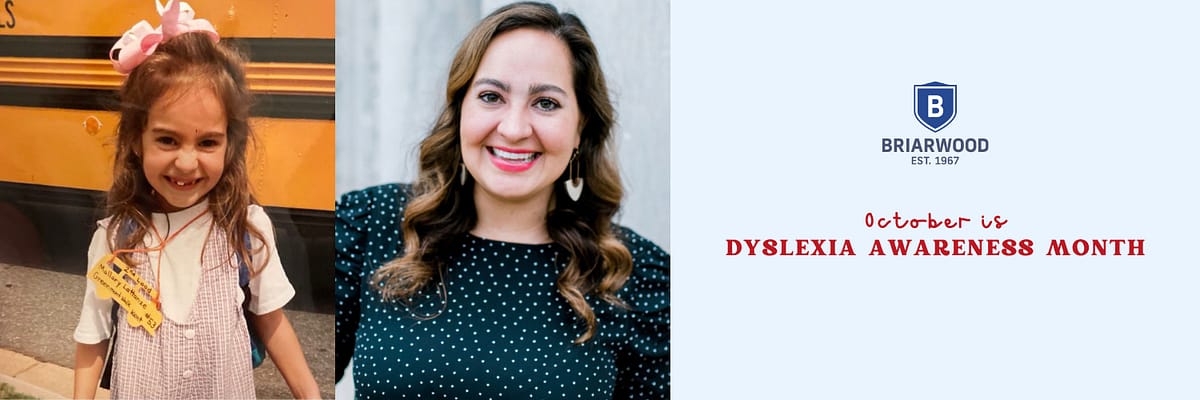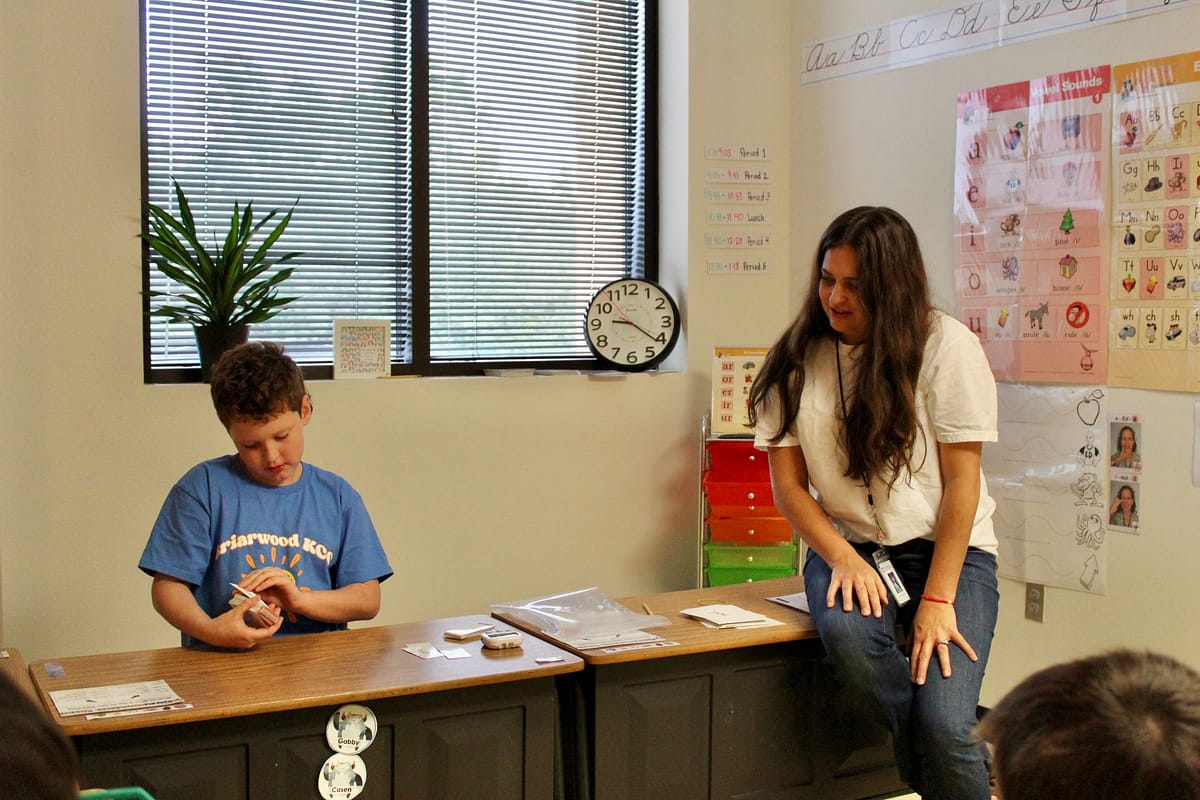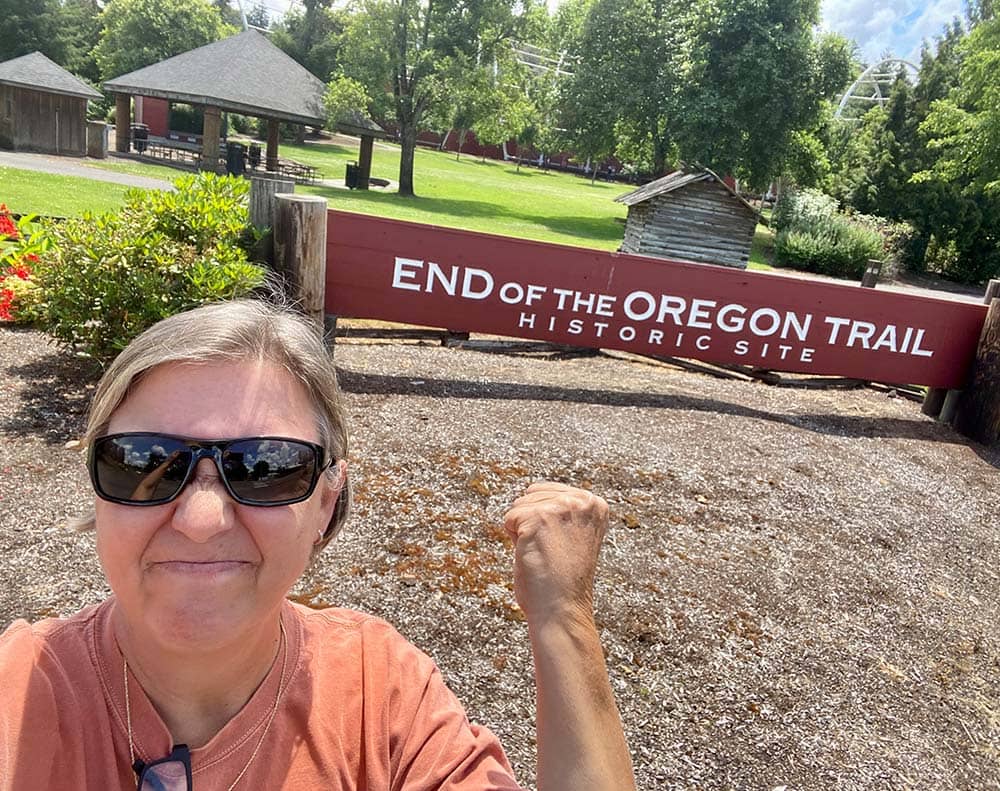A Spring of Learning
Erin Gregg
on
April 3, 2025
A Spring of Learning: Professional Development in Action at Briarwood
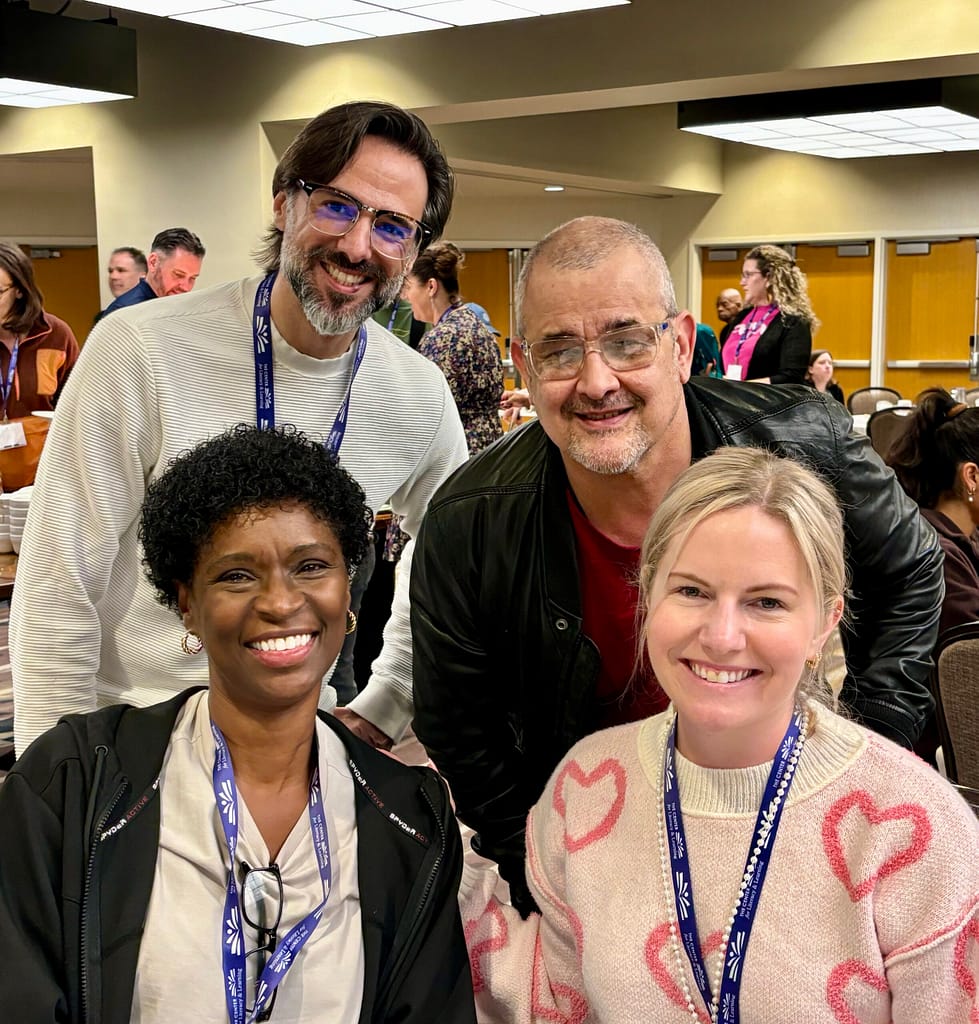
This spring, faculty and administrators from The Briarwood School had the chance to participate in professional development opportunities nationwide. From new ideas to meaningful connections, each experience added something valuable to our work in the classroom and beyond.
Deep Dives in New Orleans
Matthew Giorgio, Director of Curriculum & Instruction
“I had the good fortune to attend the 30th anniversary of the Plain Talk about Literacy and Learning Conference in New Orleans. The conference focused on the intersection of brain science and best practices in language remediation. I had the chance to explore new materials in the exhibit hall, learn from presenters, and connect with other LD school leaders. One of the best parts was attending with colleagues Anissa Ursin, Heather Greenwood, Ginny Trevino, and Luis Galindo. We had great conversations over lunch and dinner about what we were learning and how it could apply to our students. I’m reminded daily that we have an incredibly dedicated and talented team here at Briarwood.”
Observing with Trust
Reflections from TBO Training, shared by multiple administrators
Several administrators participated in Trust-Based Observation (TBO), a model that shifts the focus of classroom visits from evaluation to coaching.
“TBO has been a helpful tool for bringing our team together and creating a shared language around instruction. It allowed us to observe teaching in divisions we don’t typically visit and to see the many strengths that exist across our campus. The approach also supports the idea that teachers grow best when they feel trusted and supported.
TBO allows our division directors to build trust and promote professional growth through regular, supportive visits. It encourages teachers to take risks and keep improving their craft. The timing also works well with our new schedule, which gives us more opportunities to see real-time examples of cooperative learning and differentiated instruction.” – David Mendlewski, Head of School
“TBO has helped change the way I approach teacher support. It creates space for more detailed, encouraging conversations that focus on growth. When teachers know they are trusted, they feel more confident trying new strategies to meet students’ needs.” – Jeffery Guedry, Director of Upper School.
Leading and Learning in Nashville
Amy Traynor, Director of Middle School
“At the NAIS Annual Conference in Nashville, I joined more than 3,000 independent school leaders to explore sustainability, leadership, and school culture ideas. Sessions on supporting teachers, leading through change, and helping students reach their potential were especially valuable. I left with ideas for future elective and club offerings and enjoyed connecting with other middle school directors along the way.”
Coaching for Growth
Jeffrey Guedry, Director of Upper School
“I attended LDA Con 63 in Orlando, a conference focused on students with learning differences. It was a good opportunity to hear how schools across the country address shared challenges and continue improving their support services.”
From New Orleans to Nashville, and from Orlando back to our campus, this spring has been full of opportunities to learn and grow. As our teachers and leaders continue to sharpen their skills, our students remain the true beneficiaries.
